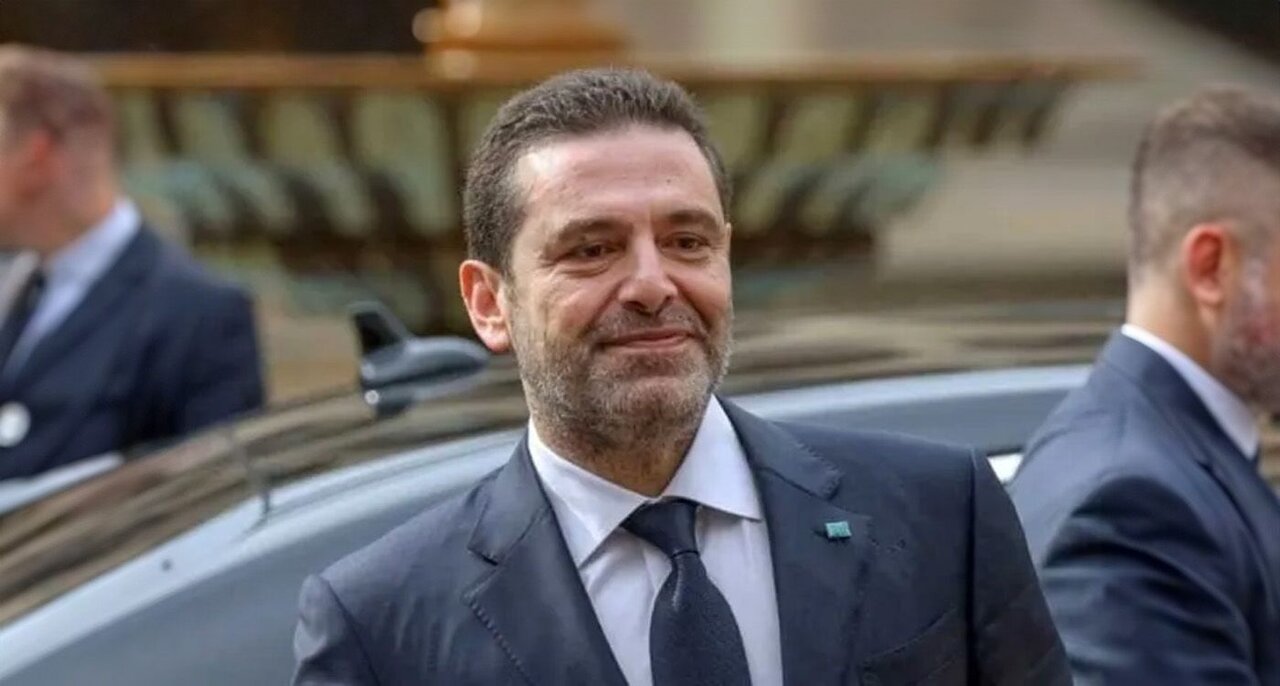Riyadh interferes in Lebanon’s municipal elections, excludes Hariri

BEIRUT — Not satisfied with the political quarantine it imposed on Lebanon’s former Prime Minister Saad Hariri more than two years ago, Saudi Arabia is seeking to sideline him as he announced his intention to return to political life by actively contesting the municipal elections scheduled for May 2025.
Saad Harri announced his plan during an event commemorating the anniversary of his father's assassination.
However, Riyadh, which, along with Washington, has imposed a supreme guardianship over Lebanon, is trying to prevent Saad Hariri from participating in the municipal elections in the capital, Beirut.
Reportedly, the Saudi veto also includes Al-Jama’a al-Islamiah (the Islamic Group). This indicates that Riyadh is determined to shape the municipal council.
This move inevitably means that Hariri will also be barred from participating in the parliamentary elections scheduled for May 2026.
It is worth noting that former Prime Minister Najib Mikati attempted to intervene, seeking to form a municipal council coalition representing Beirut’s senior families and non-partisan figures, but his initiative was thwarted.
As for the Shiite duo, Hezbollah and the Amal Movement, who decided to form an alliance decades ago, it is obvious that they have become more committed to this option in light of the ongoing hostile escalation against the Shiites and the major challenges they face, foremost among which is reconstruction of what has been destroyed by the U.S.-led Israeli aggression on Lebanon in late 2024.
In 2010, Hezbollah’s martyr Secretary-General Sayyed Hassan Nasrallah proposed to Parliament Speaker Nabih in his capacity as the head of the Amal Movement, the possibility of running in the municipal elections by presenting a joint list of candidates.
Accordingly, this understanding was consolidated in a written agreement consisting of eight clauses and has become the reference point for the Shiite duo in each municipal election.
In an interview, Berri stressed holding the elections on time, confirming that postponing it is “absolutely unacceptable and not on the table at all. We see no technical, logistical, legal, political, or municipal grounds for postponing the elections, even for a single minute.”
Regarding the municipal elections in Beirut, Berri emphasized the need to maintain parity between Muslims and Christians on the capital's municipal council.
“All parties must strive to achieve this goal and not compromise it,” stated Berri, who is focusing his efforts with all parties involved in the Beirut municipal elections on achieving consensus that leads to parity, contributing to the activation of municipal work.
Berri warned against the sectarian rhetoric used by some political forces (foremost the Lebanese Forces) calling for dividing the capital’s council into eastern and western districts, a revival of the situation that existed during the civil war (1975-1990).
Further, Lebanon’s Grand Mufti Sheikh Abdul Latif Derian emphasized the need to preserve diversity in Beirut, and that no Islamist party is working to exclude the Christian component in the capital.
For their part, President Joseph Aoun and Prime Minister Nawaf Salam emphasized that the municipal and mayoral elections will be held on time, and that any postponement would be a political and constitutional setback for Lebanon.
In the past, Hariri played a major role in achieving a consensus list in Beirut, as a key political player in the Sunni community, so what kind of council will Washington and Riyadh, which are so brazenly interfering in all the affairs of Lebanon, produce?!
Leave a Comment